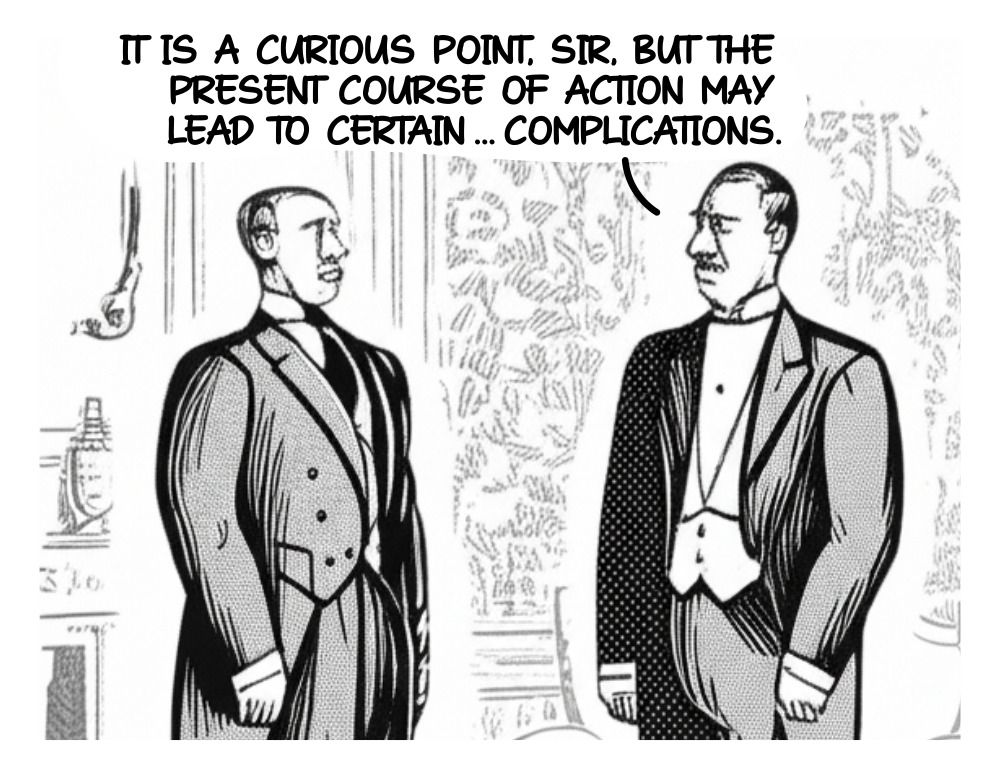 Imposing fake deadlines may ignite a temporary burst of activity, but the cost is steep: truth is sacrificed, trust frayed, and reason quietly exiled.
Imposing fake deadlines may ignite a temporary burst of activity, but the cost is steep: truth is sacrificed, trust frayed, and reason quietly exiled.
While artificial urgency can sometimes inspire excellence, it more often conditions teams to greet future demands with suspicion rather than motivation. Like crying “Wolf!,” it dulls responsiveness and undermines your team’s intelligence.
The damage runs deeper than missed deliverables—it corrodes morale, dims creative spark, and leaves the workplace echoing with cynicism. Sustainable performance doesn’t emerge from panic-fueled productivity drills, but from trust, clarity, and purpose.
 British comedian and The Vicar of Dibley star
British comedian and The Vicar of Dibley star  Disappointed? Hurt? Offended?
Disappointed? Hurt? Offended? Boundaries define what you’ll tolerate and what you won’t. Without them, you hand control of your time and energy
Boundaries define what you’ll tolerate and what you won’t. Without them, you hand control of your time and energy 
 A disagreement stays harmless until you make it personal. Attack someone’s character, dismiss their opinions, or ignore their emotions, and it stops being a discussion. It
A disagreement stays harmless until you make it personal. Attack someone’s character, dismiss their opinions, or ignore their emotions, and it stops being a discussion. It  In the modern workplace, the line between professional and personal conduct
In the modern workplace, the line between professional and personal conduct  Performance proves you belong. But it doesn’t earn influence, open strategic doors, or attract sponsorship. Those privileges follow likeability—not charm, not flattery, but emotional fluency grounded in trust.
Performance proves you belong. But it doesn’t earn influence, open strategic doors, or attract sponsorship. Those privileges follow likeability—not charm, not flattery, but emotional fluency grounded in trust..jpg)

